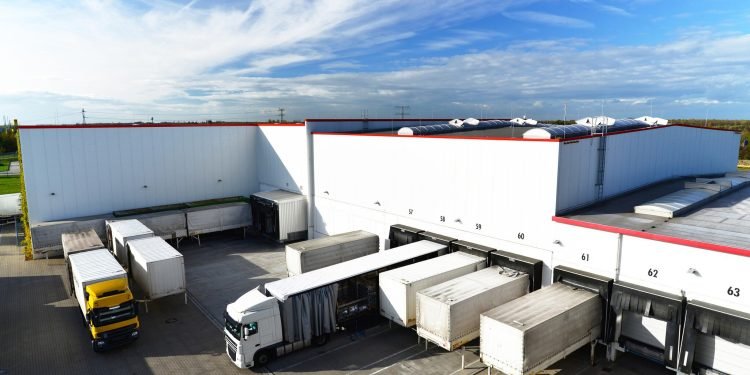By Maria Kalamatas | July 22, 2025
Section: International / Air Freight & Healthcare Logistics
Doha, July 22 — Airlines and freight handlers across the Middle East are seeing their air cargo networks pushed to the limit as pharmaceutical exports surge, driven by rising demand from Asia and Africa for temperature-sensitive vaccines and treatments.
“Our cold-chain facilities are running at maximum output,” said Sami Al-Hassan, regional logistics manager at Qatar Global Freight. “We’re coordinating every flight slot carefully because there’s no room for error when moving medical cargo.”
Sharp rise in time-sensitive loads
Industry figures show a 22 percent increase in outbound pharma shipments from the Gulf in the first three weeks of July compared with last year. Much of the volume consists of vaccines and specialty treatments requiring ultra-cold storage during transit.
“These are high-priority shipments,” Al-Hassan explained. “Even a short delay can compromise entire consignments.”
Infrastructure pushed hard
While major airports like Doha and Dubai have invested heavily in climate-controlled storage and rapid transfer systems, ground handling teams report round-the-clock shifts as demand stretches resources.
“Our teams are working nights and weekends just to keep up,” said Lina Saleh, cargo terminal supervisor at Hamad International Airport. “Pharma doesn’t wait for regular schedules — it moves when it’s ready.”
Carriers add extra rotations
Several airlines have added charter flights and repurposed widebody passenger aircraft to handle the influx, but capacity remains tight. Shippers are paying premiums to secure guaranteed space, particularly for destinations in East Africa and Southeast Asia.
“Chartering is costly, but for critical medicines, it’s the only option,” Saleh noted.
Outlook for August
Logistics providers expect heavy demand to continue through August as new treatment campaigns launch across multiple regions. Analysts warn that without additional cold-chain infrastructure, bottlenecks could persist despite added flights.
“We can handle the current surge, but only just,” Al-Hassan said. “The pressure won’t ease until more storage and lift capacity comes online.”























